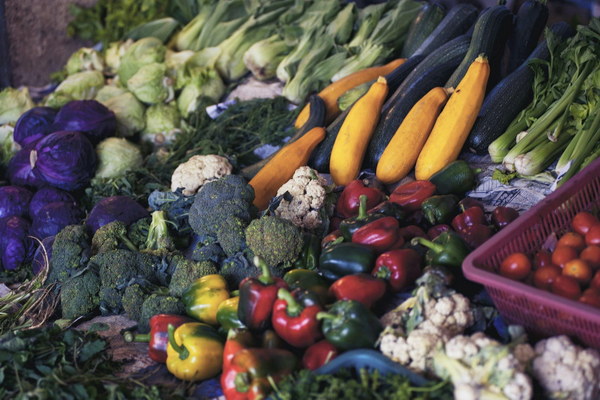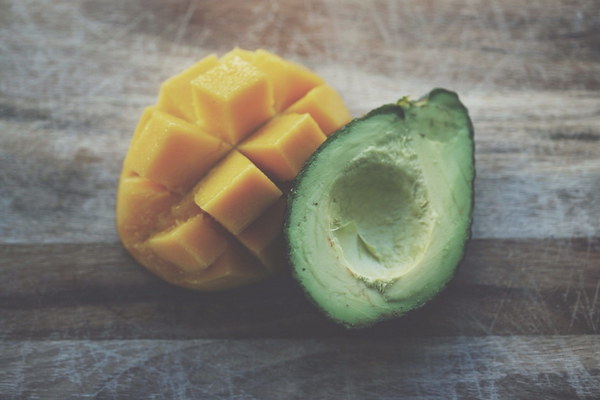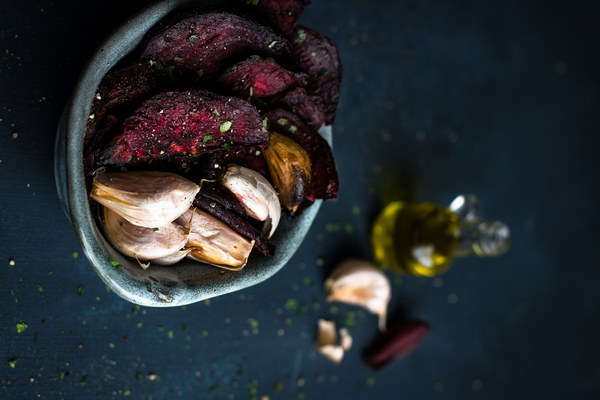Balancing Liver Heat and Clearing Phlegm A Holistic Approach to Respiratory Health
In traditional Chinese medicine (TCM), the concept of balancing internal organs and maintaining harmony is paramount. One of the key principles is the balance between the liver and the lungs, as they are closely interconnected. When the liver becomes overheated or the lungs are congested with phlegm, it can lead to a variety of respiratory issues. This article explores the TCM approach to addressing these imbalances, focusing on the practices of clearing liver heat and dissolving phlegm.
The liver, in TCM, governs emotions, blood, and the sinews, and is often associated with the element of wood. It is believed that when the liver becomes overheated, it can lead to anger, irritability, and emotional outbursts. This overheated liver can also affect the lungs, as the two organs are closely connected. The lungs, which are associated with the element of metal, are responsible for the exchange of oxygen and carbon dioxide in the body, and for maintaining the health of the respiratory system.
When the liver heat spreads to the lungs, it can manifest as various respiratory issues, such as coughs with thick, yellowish phlegm, shortness of breath, and chest tightness. To address this imbalance, TCM practitioners recommend a holistic approach that includes diet, lifestyle changes, herbal medicine, and sometimes acupuncture.
Diet plays a crucial role in balancing liver heat and clearing phlegm. Foods that are known to cool the liver and reduce inflammation include bitter greens like kale and dandelion, cooling fruits like watermelon and cucumber, and foods rich in vitamin C, such as oranges and strawberries. Additionally, avoiding spicy, fried, and processed foods, which can exacerbate liver heat and phlegm, is important.
Herbal medicine is another key component of TCM treatment for liver heat and phlegm. Common herbs used in this context include:
1. Scutellaria baicalensis (Huang Qin) – Known for its cooling properties, this herb helps to reduce liver heat and inflammation.
2. Phellodendron amurense (Huang Bai) – Another cooling herb that helps to clear liver heat and relieve symptoms of respiratory congestion.
3. Astragalus membranaceus (Huang Qi) – This herb supports the immune system and helps to boost overall health, which is essential for respiratory health.

4. Pinellia ternata (Bai Zhu) – This herb is used to dissolve phlegm and improve respiratory function.
Lifestyle changes are also important in balancing liver heat and clearing phlegm. Adequate sleep, stress management, and regular exercise can all help to maintain a healthy liver and lungs. Additionally, practicing breathing exercises, such as tai chi or qigong, can improve lung function and reduce stress.
Acupuncture may be recommended by a TCM practitioner to help address the imbalance between the liver and lungs. Acupuncture points are chosen based on the individual's specific symptoms and constitution. By inserting fine needles into specific points, the practitioner aims to stimulate the body's natural healing processes and restore balance to the liver and lungs.
In conclusion, balancing liver heat and clearing phlegm is a multifaceted approach that involves diet, lifestyle changes, herbal medicine, and possibly acupuncture. By addressing these imbalances, individuals can improve their respiratory health and overall well-being. While TCM offers a unique perspective on respiratory health, it is important to consult with a qualified practitioner to develop a personalized treatment plan that suits individual needs.









